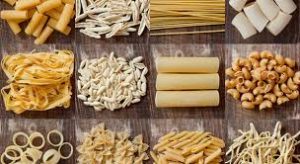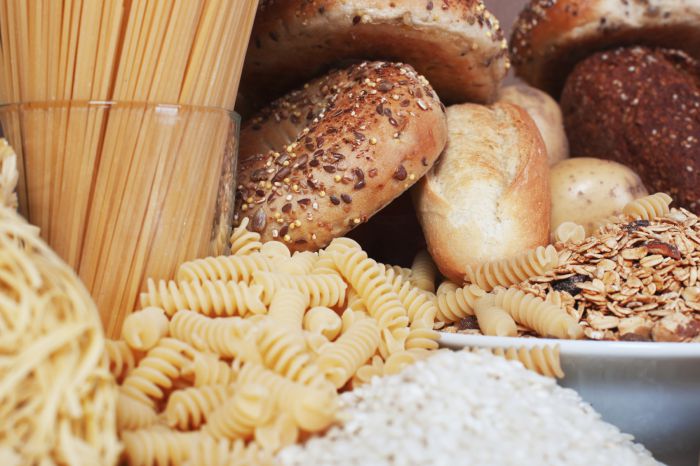Celiac Disease
Sensitivity Versus Celiac
Health Reasons
People typically choose to go gluten-free for health reasons including less inflammation and better immune system response. If your immune system is weak or you feel tired and fatigued all the time, a gluten-free diet might make you feel better. There’s a tremendous upside and virtually no downside to doing a trial run. Worst case, you will eliminate a lot of processed foods from your diet.
Gluten and Inflammation
Inflammation frequently comes up in discussions about nutrition but is highly controversial among health professionals. It involves an adverse reaction to gluten in people who do not have celiac disease. Even without a diagnosis of celiac disease, a number of people feel better when gluten is eliminated from the diet. Science is still inconclusive on what’s been termed “gluten intolerance”, but some experts think sensitivity leading to bloating or digestion changes could be an inflammatory response to gluten. As a cyclist, gluten and cycling could be important for this reason alone.
Wheat Allergy
What is Gluten
So what’s wrong with trying a gluten-free diet? To begin with, gluten-free is saying no to nutritious foods — foods that power your cycling. Gluten is a protein found in wheat, barley, and rye. It’s that stretchy stuff that makes baked food rise — it’s the glue that holds bread together. Gluten also shows up in many whole grain foods related to wheat — barley and rye, bulgur, farro, and spelt to name a few. Some celiac disease experts warn patients to steer clear of oats as well.
It’s a Protein, Not the Carb
So now that it’s established that grains can be terrible in some cases — hang on for a minute. The problem with grains is not the carbs — it’s due to a protein — not the carbohydrates. Gluten is just another name for protein. Gluten and cycling is not the same thing as carbs and cycling.
Don’t Give Up Carbs
You don’t have to give up your carbs. There are lots of alternatives to carbs with gluten. Here’s a few of them:
- Rice
- Corn
- Oats (specifically if you get the gluten-free version to avoid contimaination by gluten)
- Quinoa
- Chia seeds
- Beans and lentils
- Potatoes
- Sweet Potatoes
Alternatives to Gluten
It’s amazing what you can find in your local grocery store. For example corn pasta or brown rice pasta, is just an example of what you can find. Gluten-free bread isn’t hard to find either. You can find actual loaves of bread in your local stores or look online and you’ll see gluten-free flours which let you bake your own gluten free breads or pastries.
With all that being said, you might be considering a gluten-free diet, just to see how you feel, and if you feel better that’s fine. But at least one study says that there’s no benefit to your cycling performance. And that any perceived benefit is because you’re watching what you’re eating, including healthier foods like eating less processed foods, more fruits and vegetables. Another reason why you might feel better is the placebo effect, which can go a long way.
At least one professional cycling team is gluten free. “I was pleasantly surprised,’ says Christian Vande Velde, Garmin-Transitions’s team leader, who was the first member of the team to experiment with going wheat-free during the racing season. ‘I just had all-around better digestion, and digestion is the biggest thing in utilizing the energy I consume.” So the gluten and cycling comparison in this example is somewhat evident.
Gluten and cycling are not mutually exclusive. If you feel better, fine, go ahead and go gluten-free. Studies and testimony never really prove anything or that gluten has negative or positive effects on anything. All you can really do, is if you suspect that you might be suffering from celiac disease, gluten allergy or sensitivity, that you go gluten free and see how you feel, or alternatively, get tested by a health professional. Don’t follow national trends just because everyone else is talking about it. Decide for yourself.
